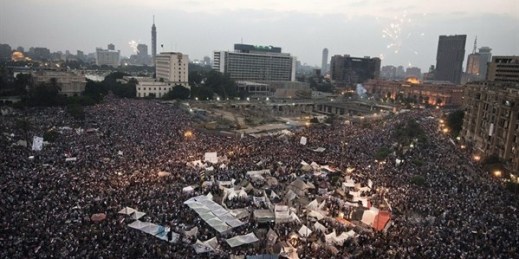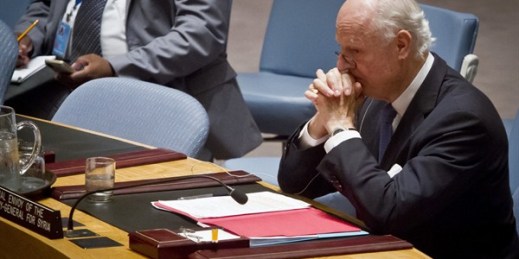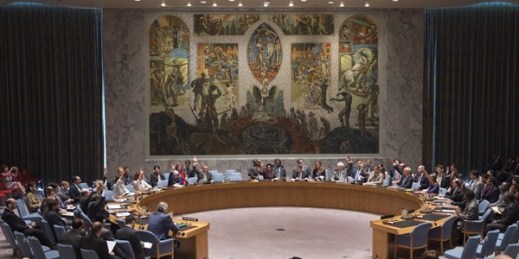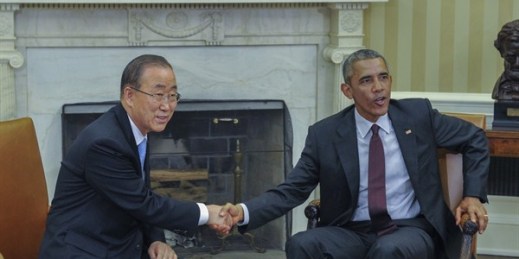
Once set aside as artifacts of history, scholars and policymakers have vigorously returned their attention to coups d’état. This shift is clearly warranted, as recent coups in places like Honduras, Egypt and Thailand have broad ramifications for trade relationships, security and the growth of democracy. Unfortunately, we are largely playing catch-up in a fast-paced game. We know a fair amount about what causes coups—weak economies, illegitimate governance, past histories of coups, domestic protests—but far less about what transpires after a coup comes about. Following the end of the Cold War, the conventional wisdom that coups are bad for democracy ushered […]




